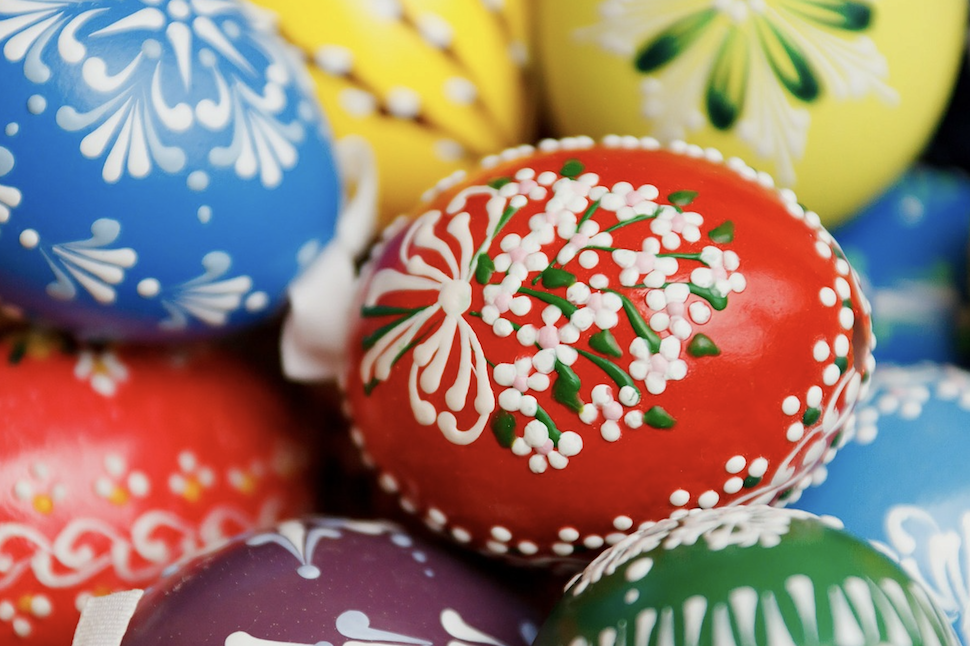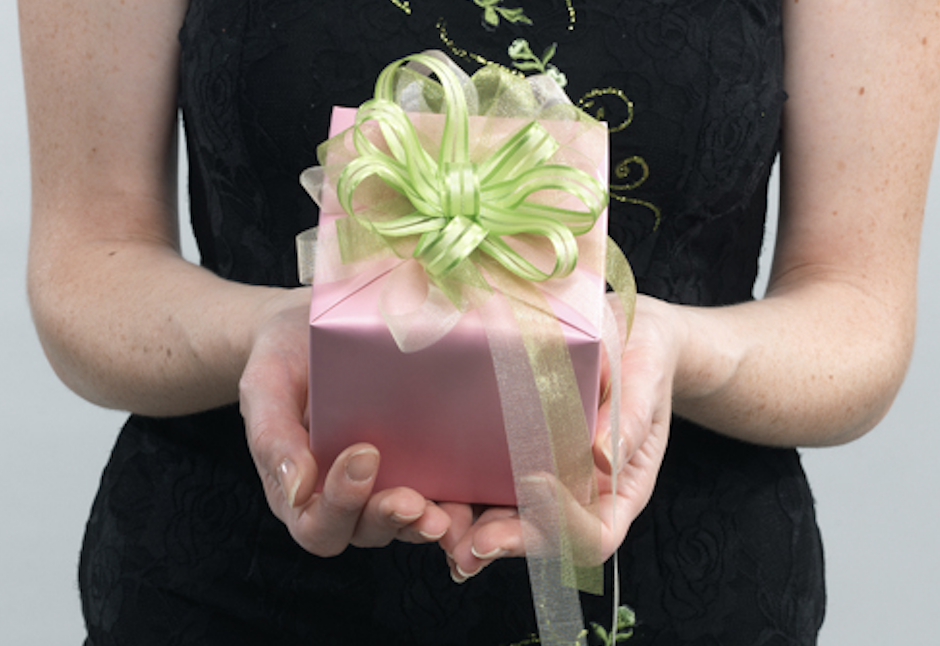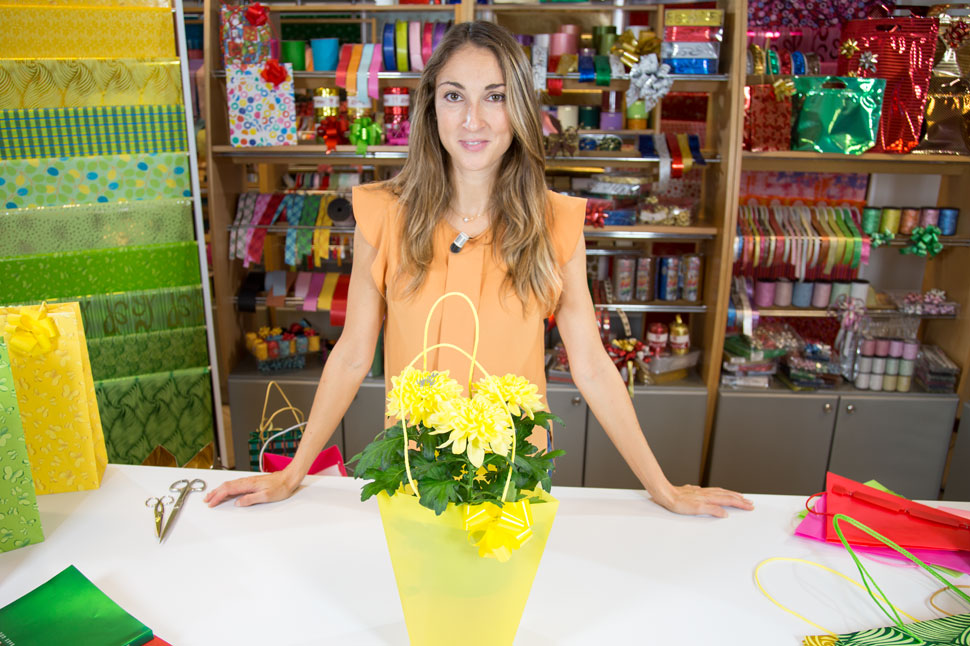
It is a tradition that comes from far away. It seems that 5000 years ago it was usual exchanging eggs in Spring. The Persians were the first then followed by other ancient people like the Egyptians. According to some pagan and mythological beliefs of the past, the sky and the planet were considered two hemispheres which were going to create a new single egg, while the Egyptians considered the eggs as the focus of the four elements of the universe (water, air, earth and fire). The custom of exchanging decorated eggs develops in the Middle Ages as a present between lovers or as a trophy for games and horse races. It was the jeweler Peter Carl Fabergè in 1887, under order of the Russian zar Alexandre III for his darling, to adorn the eggs with enamels and precious metals. The first Fabergè’s egg was a platinum white enameled egg with inside a golden egg which itself contained a small golden chick and a miniature of the imperial crown. The present was so welcome that Fabergè was asked to create a complete new serie to be donated all years. Other than this, the egg is a symbol of Easter for christians because it represents the resurrection of jesus: the egg seems a stone without life as well as the sepulcre where Jesus was buried. Inside the egg, instead, there’s a new life ready to start. The tradition of the classic chocolate egg is recent, at the very beginning they were simple chicken eggs, then they began to decorate. Regarding the use of chocolate eggs, someone says Louis XIV was the first asking them to be created, at the beginnig of 700. At the beginning of 800, between Germany and France, there was the tradition to exchange chocolate eggs. The start of production in serie of chocolate eggs by John Cadbury is dated 1875, then it became usual to add a little present (it seems in coincidence with precious Fabergè eggs). Starting as an artisan production, during the years it became a commercial business, where the game inside the egg is the real star at the expense, often, of the quality of the chocolate.




